Should (B2)
Na Landigo se dnes podíváme na sloveso SHOULD a některé jeho běžné vazby (should do, should have done, suggest you should do...).
Should – procvičování:
Pro začátečníky máme lekci: Should (A0)
Brooke should have come to play. Why didn't she?
| Mělo se stát, ale nestalo se: |
|
She should have come.
|
| (= She didn't come.) |

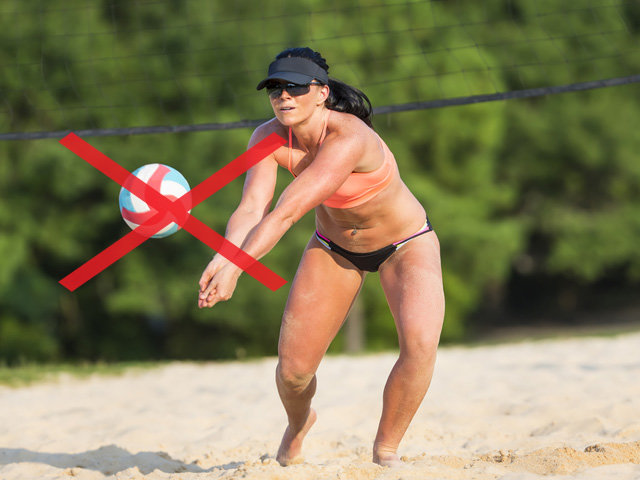
Použití SHOULD a jeho běžné vazby:
- SHOULD DO – slabá povinnost, rada, doporučení:
You should play. (= I advise you to play.)
- SHOULD DO – něco očekávaného:
You should play. (= I expect you to play.)
- SHOULD HAVE DONE – mělo se stát, ale nestalo se:
You should have played. (= You didn't play.)
- SHOULD + slovíčka vyjadřující radu/názor/doporučení:
I suggest you should play.It's important that you should play.
- IF + SHOULD – menší pravděpodobnost v kondicionálech:
If you should play, be careful. (= It's less likely you'll play.)
SHOULD = slabá povinnost (co by se mělo)
SHOULD používáme, pokud radíme, navrhujeme nebo vyjadřujeme názor:
|
You seem stressed out. You should relax more. (= I advise you to do that.)
|
|
It's going to rain. You should take an umbrella when you go out. (= I advise you to take an umbrella.)
|
|
What should I cook for dinner tonight? (= What do you suggest?)
|
|
He should get promoted. (= It's a good idea/the right thing to do.)
|




Your engine sounds funny. You should have it checked.
| Radíme: |
|
You should have it checked.
|
| (= I advise you to have it checked.) |


Podobně jako SHOULD používáme MUST, které ale vyjadřuje silnější povinnost než SHOULD:
|
You must relax more. (= I strongly advise you to do that.)
|
Christine cannot carry on working this hard. She must take a break.
| Musí: |
She must take a break.
|
| Měla by: |
She should take a break.
|


SHOULDN'T = nemělo by se (není doporučeno)
Porovnejte SHOULDN'T a MUSTN'T:
|
You shouldn't talk to him. (= It's not a good idea/recommended.)
|
|
You mustn't talk to him. (= You're not allowed to do that.)
|




We shouldn't drive to the city centre. It's such a hassle finding a place to park there.
| Neměli bychom: |
We shouldn't drive there.
|
| Nesmíme: |
We mustn't drive there.
|


SHOULD = něco očekávaného
SHOULD použijeme, pokud něco není správně, tak jak očekáváme nebo pokud očekáváme, že se něco stane:
|
This is incorrect. It should only cost two dollars.
|
|
Where are you? You should be helping here. (= I expected you to be here to help me.)
|
|
They should win the match. (= I expect them to win.)
|

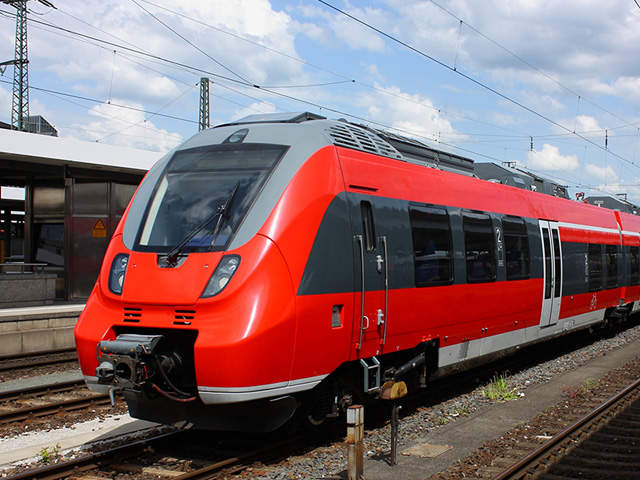

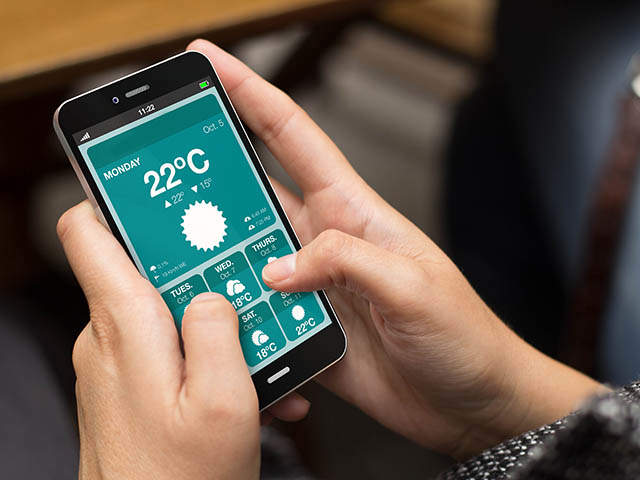
Shouldn't they be at the train station by now?
| Něco očekávaného: |
|
Shouldn't they be here?
|
| (= Why aren't they here? I expected them to be here.) |


How many guests are expected at the party? – There should be at least fifty people.
| Něco očekávaného: |
|
There should be fifty.
|
| (= I expect there will be fifty.) |


SHOULD HAVE DONE = mělo se stát, ale nestalo se
SHOULD + minulý infinitiv (have done, have taken...) používáme, pokud se neudělalo/nestalo něco, co se udělat/stát mělo:
|
My hands are full. I should have taken a shopping cart. (= I didn't do it, it would have been better with a cart.)
|
|
A virus damaged all my files. We should have backed them up. (= We didn't do it, it would have been a smart thing to do.)
|
|
You should have waited because that car had the right of way. (= You didn't wait, even though it would have been the right thing to do.)
|



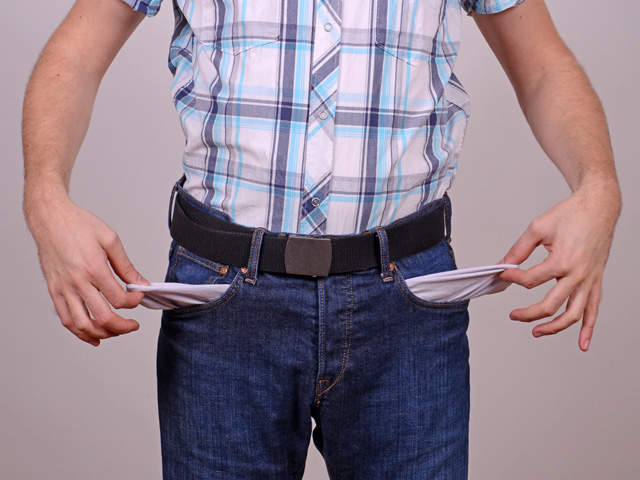
The weather was perfect yesterday. We should have gone to the lake like I suggested.
| Neudělalo se, ale udělat se mělo: |
|
We should have gone.
|
| (= We didn't. I wish we had gone. ) |


I shouldn't have been eating all those sweets at night. My stomach is hurting now.
| Stalo se, ale stát se nemělo: |
|
I shouldn't have been eating sweets.
|
| (= I was eating sweets. I regret it now.) |

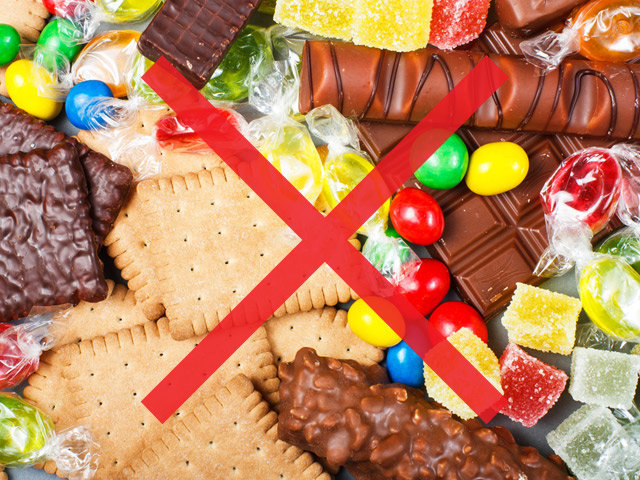
Porovnejte SHOULD a SHOULD HAVE:
|
You should study more for the exams. If you don't study, you'll fail.
|
|
You should have studied more for the exams yesterday. If you had studied more, you wouldn't have failed.
|
OUGHT TO = formální alternativa k SHOULD
Namísto SHOULD (SHOULD HAVE) lze někdy použít formálnější OUGHT TO (OUGHT TO HAVE):
|
You ought to take the dogs for a walk soon.
|
|
You ought to have taken the dogs for a walk earlier. Why didn't you?
|
OUGHT TO se běžně používá především v kladných oznamovacích větách.
Should we help Amir with the homework? – Yes, we ought to help him, he can't do it on his own.
| Měli bychom: |
We ought to help him.
|
| Měli jsme udělat, ale neudělali jsme: |
We ought to have helped.
|


I suggest you should, it's important you should...
SHOULD se často používá se slovíčky, která vyjadřují radu, názor a doporučení, jako např.:
| suggest, propose, recommend, insist, demand |
| suggestion, proposal, recommendation, demand |
| important, vital, necessary, essential |
|
I suggest she should leave.
|
|
I don't like your suggestion he should win.
|
|
It's important that we should be home soon.
|
SHOULD můžeme také vypustit, nebo použít přítomný čas:
|
I suggest she leave.
|
I suggest she leaves.
|
|
I don't like your suggestion he win.
|
I don't like your suggestion he wins.
|
|
It's important that we be home soon.
|
It's important that we are home soon.
|
I recommend that Samuel should take a cab to the airport.
|
I recommend that he should take a cab.
|
|
I recommend that he take a cab.
|
|
I recommend that he takes a cab.
|

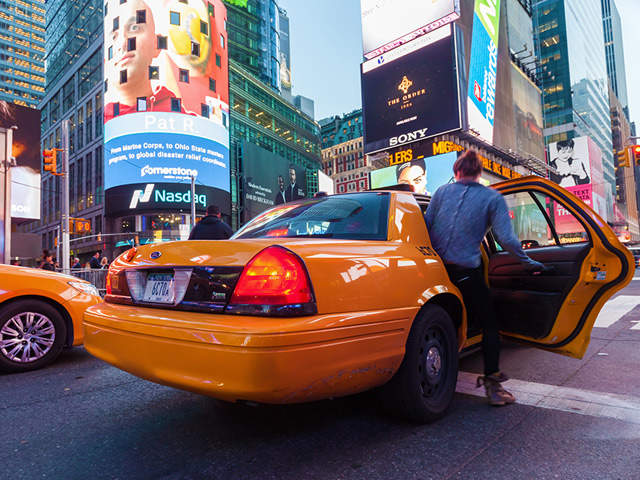
It is necessary that the seller should sign the contract as soon as possible.
|
It is necessary that he should sign it.
|
|
It is necessary that he sign it.
|
|
It is necessary that he signs it.
|

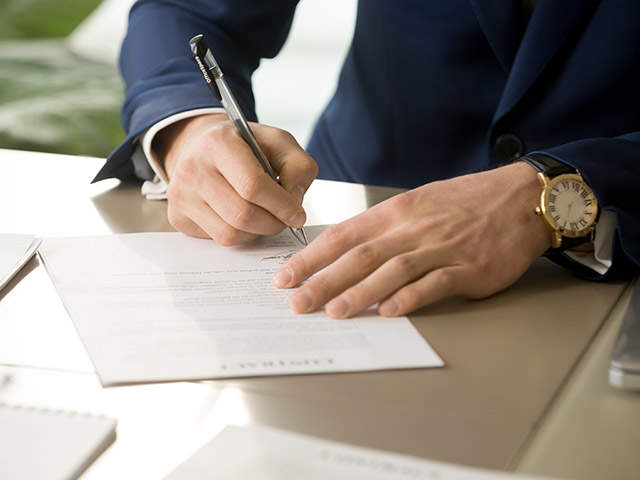
Have you heard of Amanda's proposal that she hire more café staff?
| ...her proposal that she should hire... |
| ...her proposal that she hire... |
| ...her proposal that she hires... |


I suggest Frankie meet us at the newly opened Italian restaurant.
|
I suggest he should meet us there.
|
|
I suggest he meet us there.
|
|
I suggest he meets us there.
|

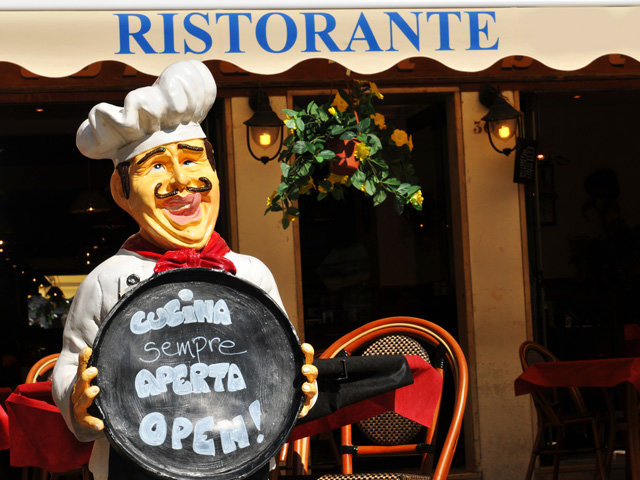
IF + SHOULD = menší pravděpodobnost v kondicionálech
SHOULD se někdy používá v kondicionálech namísto přítomného času. SHOULD zde vyjadřuje menší pravděpodobnost než přítomný čas:
|
If you are cold, take my sweater. (= It's more likely you'll get cold.)
|
|
If you should be cold, take my sweater. (= It's less likely you'll get cold.)
|
Ve velmi formální angličtině můžeme IF vypustit. SHOULD je pak na začátku věty:
|
Should you be cold, take my sweater.
|
If anybody should come, please tell them I'm busy.
| Menší pravděpodobnost: |
If anybody should come, tell them.
|
| Větší pravděpodobnost: |
If anybody comes, tell them.
|


Should they knock on the door, do not open it.
|
Should they knock, do not open it.
|
|
If they should knock, do not open it.
|

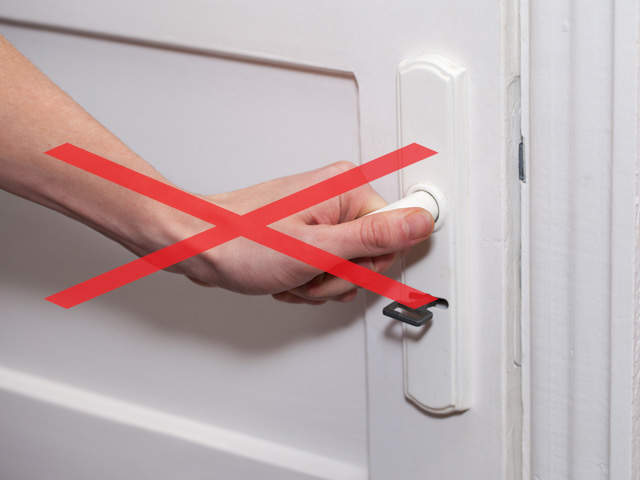
Should – nejdůležitější body:
- Slabá povinnost, rada, doporučení:
You should play. (= I advise you to play.)
- Něco očekávaného:
You should play. (= I expect you to play.)
- Mělo se stát, ale nestalo se:
You should have played. (= You didn't play.)
- SHOULD + slovíčka vyjadřující radu/názor/doporučení:
I suggest you should play.It's important that you should play.
- Menší pravděpodobnost v kondicionálech:
If you should play, be careful.Should you play, be careful.
Doporučujeme si procvičit SHOULD v našich cvičeních.
